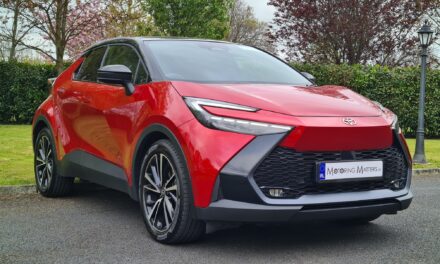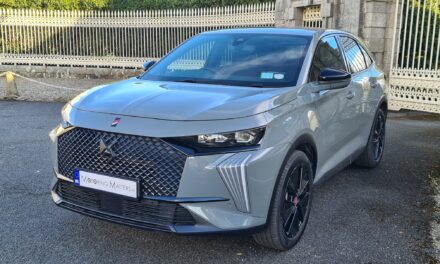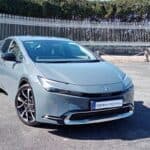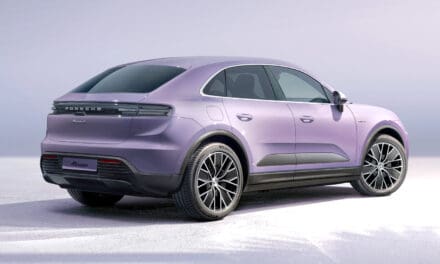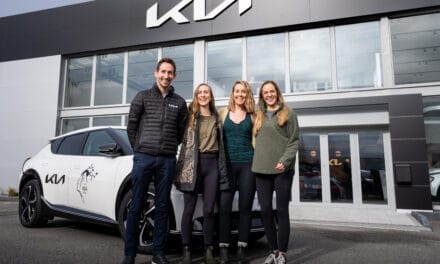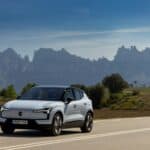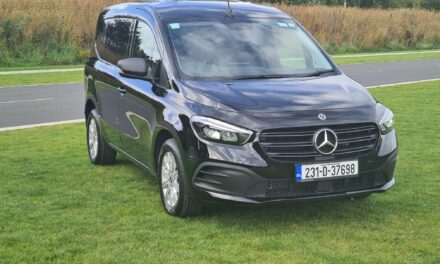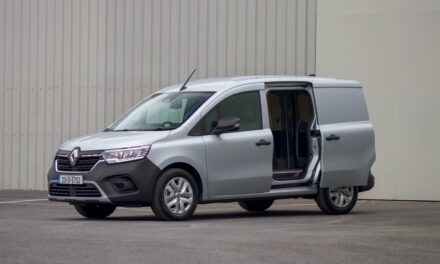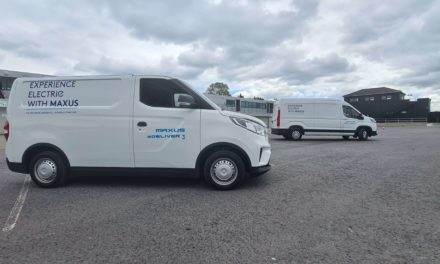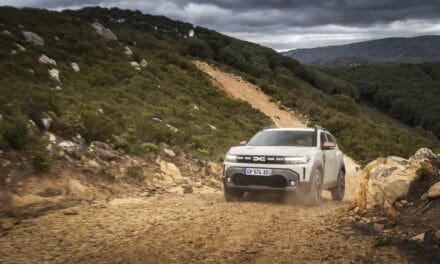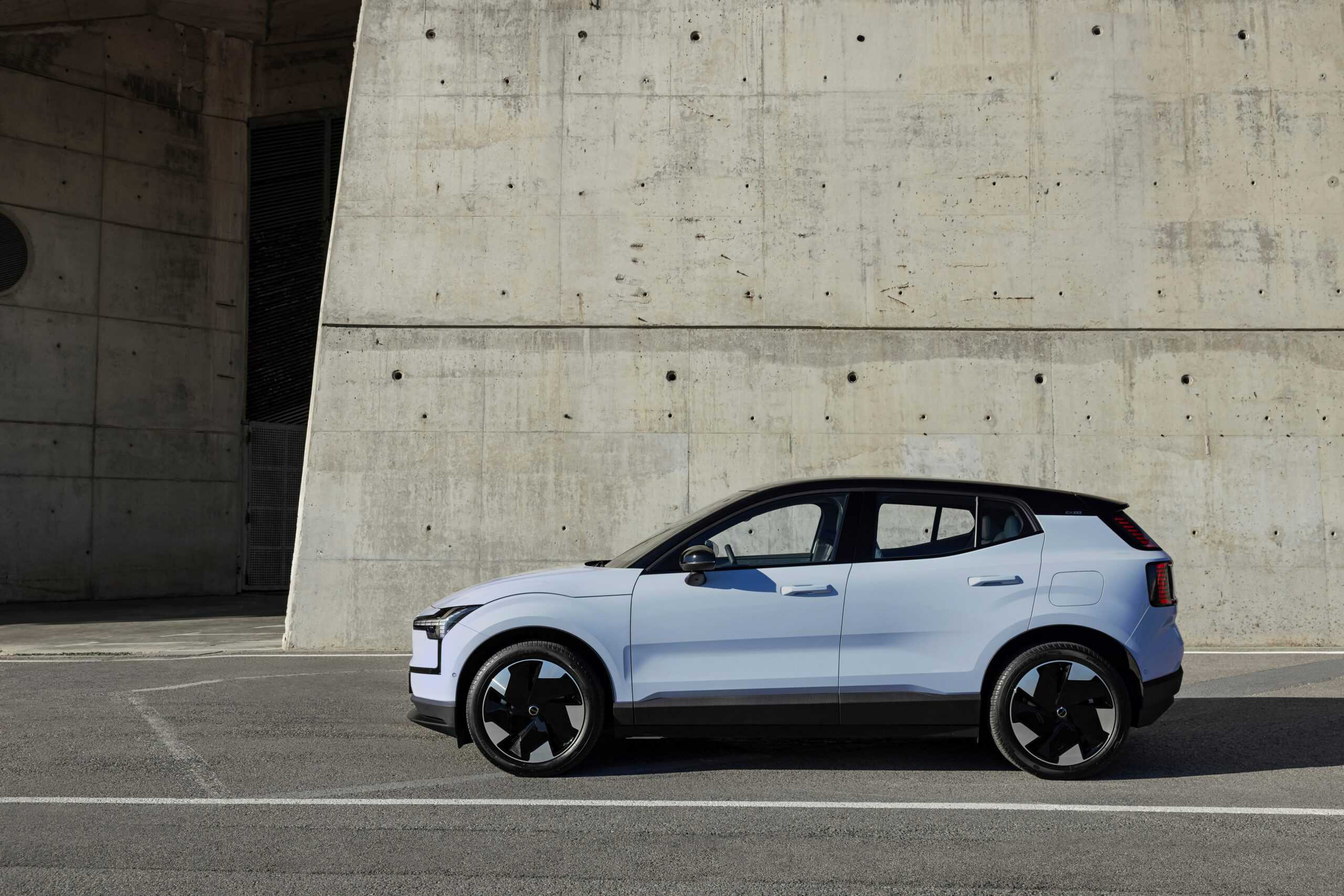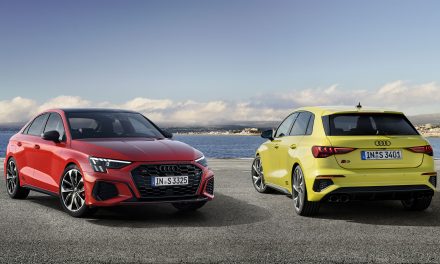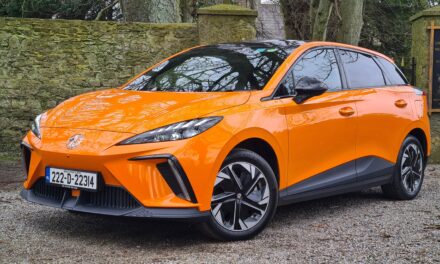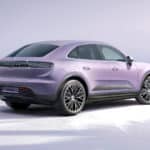
Volvo Cars reports new global sales record in 2023.
Posted by Breda | Jan 5, 2024 | Features, FIRST LOOK, Homepage, Press Release | 0
Volvo Cars reports new global sales record in 2023.
Volvo Cars sets a new global sales record as the company reports full-year sales of 708,716 cars during 2023, an increase of 15 per cent compared with the full year of 2022.
The all-time-high sales record is a demonstration of Volvo Cars’ strong electrified product portfolio in combination with a more stabilised supply chain.
Volvo Cars also saw a significant increase in sales for its electrified cars. Last year, Volvo Cars sold 113,419 fully electric cars, an increase of 70 per cent compared with 2022, and 152,561 plug-in hybrid cars, which was a 10 per cent increase compared with 2022. Sales of fully electric cars accounted for 16 per cent of all Volvo cars sold globally during 2023.
For the month of December, Volvo Cars sold 76,015 cars globally, an increase of 5 per cent compared with the same period in 2022.
European sales reached 294,794 cars during 2023, an increase of 19 per cent compared with 2022. Volvo Cars’ line-up of Recharge cars, with a fully electric or plug-in hybrid powertrain, accounted for 59 per cent of all the cars sold in the region last year.
Volvo Cars’ US sales for 2023 amounted to 128,701 cars, up 26 per cent compared with the full year of 2022. The number of Recharge cars sold increased by 28 per cent and accounted for 28 per cent of all cars sold in the US during the year.
Sales in China grew 5 per cent compared with 2022, resulting in 170,091 cars sold during 2023. Overall, sales of Recharge cars grew 26 per cent during the January-to-December period.
For 2023, the Volvo XC60 was the top-selling model with sales reaching 228,646 cars (2022: 195,338 cars), followed by the XC40 with total sales of 200,670 cars (2022: 169,206 cars), and the XC90 at 107,549 cars (2022: 97,130 cars).
|
|
|
|
|
|
|
|
|
|
December |
December |
Jan-Dec |
Jan-Dec |
|
|
|
|
2023 |
2022 |
Change |
2023 |
2022 |
Change |
|
|
|
|
|
|
|
|
|
Europe |
34,726 |
33,407 |
4% |
294,794 |
247,413 |
19% |
|
Recharge |
18,933 |
22,661 |
-17% |
172,575 |
135,714 |
27% |
|
– Fully electric |
8,920 |
10,579 |
-16% |
75,476 |
45,690 |
65% |
|
– Plug-in hybrid |
10,013 |
12,082 |
-17% |
97,099 |
90,024 |
8% |
|
|
|
|
|
|
|
|
|
China |
15,944 |
16,950 |
-6% |
170,091 |
162,322 |
5% |
|
Recharge |
1,715 |
1,933 |
-11% |
15,356 |
12,215 |
26% |
|
– Fully electric |
249 |
777 |
-68% |
3,281 |
2,999 |
9% |
|
– Plug-in hybrid |
1,466 |
1,156 |
27% |
12,075 |
9,216 |
31% |
|
|
|
|
|
|
|
|
|
US |
13,609 |
11,111 |
23% |
128,701 |
102,038 |
26% |
|
Recharge |
3,232 |
3,202 |
1% |
35,657 |
27,909 |
28% |
|
– Fully electric |
686 |
1,132 |
-39% |
13,609 |
7,308 |
86% |
|
– Plug-in hybrid |
2,546 |
2,070 |
23% |
22,048 |
20,601 |
7% |
|
|
|
|
|
|
|
|
|
Other |
11,736 |
11,195 |
5% |
115,130 |
103,348 |
11% |
|
Recharge |
4,581 |
4,030 |
14% |
42,392 |
29,514 |
44% |
|
– Fully electric |
2,415 |
2,100 |
15% |
21,053 |
10,752 |
96% |
|
– Plug-in hybrid |
2,166 |
1,930 |
12% |
21,339 |
18,762 |
14% |
|
|
|
|
|
|
|
|
|
Total |
76,015 |
72,663 |
5% |
708,716 |
615,121 |
15% |
|
Recharge |
28,461 |
31,826 |
-11% |
265,980 |
205,352 |
30% |
|
– Fully electric |
12,270 |
14,588 |
-16% |
113,419 |
66,749 |
70% |
|
– Plug-in hybrid |
16,191 |
17,238 |
-6% |
152,561 |
138,603 |
10% |
Volvo Cars in 2022
For the full year 2022, Volvo Car Group recorded an operating profit of SEK 22.3 billion. Revenue in 2022 amounted to SEK 330.1 billion, while global sales reached 615,121 cars.
About Volvo Car Group
Volvo Cars was founded in 1927. Today, it is one of the most well-known and respected car brands in the world with sales to customers in more than 100 countries. Volvo Cars is listed on the Nasdaq Stockholm exchange, where it is traded under the ticker “VOLCAR B”.
“For life. To give people the freedom to move in a personal, sustainable and safe way.” This purpose is reflected in Volvo Cars’ ambition to become a fully electric car maker by 2030 and in its commitment to an ongoing reduction of its carbon footprint, with the ambition to be a climate-neutral company by 2040.
As of December 2022, Volvo Cars employed approximately 43,200 full-time employees. Volvo Cars’ head office, product development, marketing and administration functions are mainly located in Gothenburg, Sweden. Volvo Cars’ production plants are located in Gothenburg, Ghent (Belgium), South Carolina (US), Chengdu, Daqing and Taizhou (China). The company also has R&D and design centers in Gothenburg and Shanghai (China).

